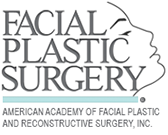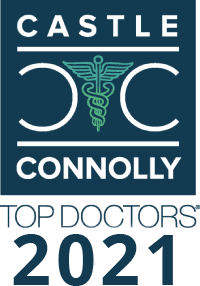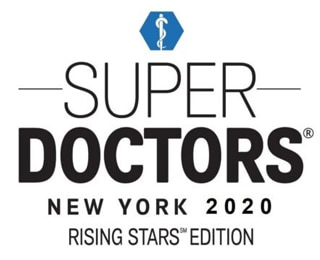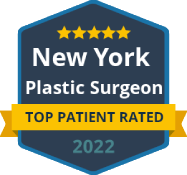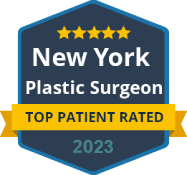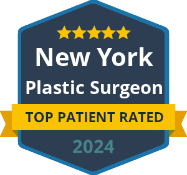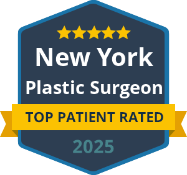Face Lift (Rhytidoplasty) Post-Operative Guidelines
Instructions
- If you are not planning to stay in the hospital for the first post-operative night, have someone drive you home after surgery and help you at home for 1-2 days.
- Get plenty of rest.
- Follow a balanced diet.
- Take any antibiotics as instructed. It helps to eat cultured yogurt or over the counter Acidophilus tablets while on antibiotics to minimize intestinal side effects.
- Dr. Khosh may instruct you to take the herbal supplement Arnica-Montana. This is intended to minimize bruising.
- You may be prescribed steroid tablets to minimize post op swelling. If so, take them as instructed on the packet. Note that steroids can make you feel anxious; this is a common side effect.
- Decreased activity may promote constipation, so you may want to add more raw fruit to your diet, and be sure to increase fluid intake.
- Take pain medication as prescribed. Do not take aspirin or any products containing aspirin.
- Do not drink alcohol when taking pain medications.
- Even when not taking pain medications, no alcohol for 2 weeks.
- If you are taking vitamins with iron, resume these as tolerated.
- Do not smoke, as smoking delays healing and increases the risk of complications.
What To Expect
- Maximum discomfort should occur in the first few days, improving each day thereafter.
- Bruising, swelling, numbness, and tightness and tenderness of skin for 10-14 days or longer.
- You may experience tightness in the neck and difficulty turning side to side for 1-2 months.
- Skin may feel dry and rough for several months.
- Face may look and feel strange and be distorted from the swelling.
- Men have a need to shave behind their ears, if beard-growing skin is repositioned there.
Activities
- Start walking as soon as possible, this helps to reduce swelling and lowers the chance of blood clots.
- Do not drive until you are no longer taking any pain medications (narcotics).
- You may tire easily. Plan on taking it easy for the first week.
- No strenuous activities, including sex and heavy housework, for at least 2 weeks. (Walking and mild stretching are fine.)
- Return to work in 14-21 days.
Incision Care
- You may shower 24 hours after removal of the dressing and any drainage tubes.
- You may bathe 48 hours after surgery. Avoid steam baths and saunas for several months.
- Avoid exposing scars to sun for at least 6 months.
- Always use a strong sunblock, if sun exposure is unavoidable (SPF 30 or greater).
- Keep steri-strips on; replace if they come off.
- Keep incisions clean and inspect daily for signs of infection.
- Keep head elevated; sleep with head on 2 pillows.
- Do not use hair dye or permanent solution until approved by Dr. Khosh.
- You may use cold compresses for comfort and to help decrease the swelling. Frozen peas in a Ziplock bag work well for this purpose.
- Hair is generally shampooed on the 2nd or 3rd postoperative day. Wash your hair with the recommended product at least every other day thereafter and before each visit to the office.
- The area of sutures must be washed gently but thoroughly each time.
- Do not set hair dryer temperature on hot, as you may not have feeling in operated areas.
- ou may use makeup after the sutures are removed; new facial makeup can be used to cover up bruising, but not on the incisions. It is important to gently remove all makeup.
Appearance
- Pale, bruised and puffy face for several weeks.
- Wearing scarves, turtlenecks and high-collared blouses masks the swelling and discoloration.
- By the third week, you will look and feel much better.
- Final result is not fully realized for approximately 6 months.
Follow-Up Care
- Sutures are usually removed from in front of the ear in 3-5 days.
- Remaining sutures and metal clips, if used, are usually removed in 1-2 weeks.
- If a drainage tube was inserted, it will be removed in 1-2 days.
When To Call
- If you have increased swelling or bruising.
- If swelling and redness persist after a few days.
- If you have increased redness along the incision.
- If you have severe or increased pain not relieved by medication.
- If you have any side effects to medications; such as, rash, nausea, headache, vomiting.
- If you have an oral temperature over 100.4 degrees.
- If you have any yellowish or greenish drainage from the incisions or notice a foul odor.
- If you have bleeding from the incisions that is difficult to control with light pressure.
- If you have loss of feeling or motion.
- If you have any concerns or questions you may reach Dr. Khosh at 212-339-9988.

